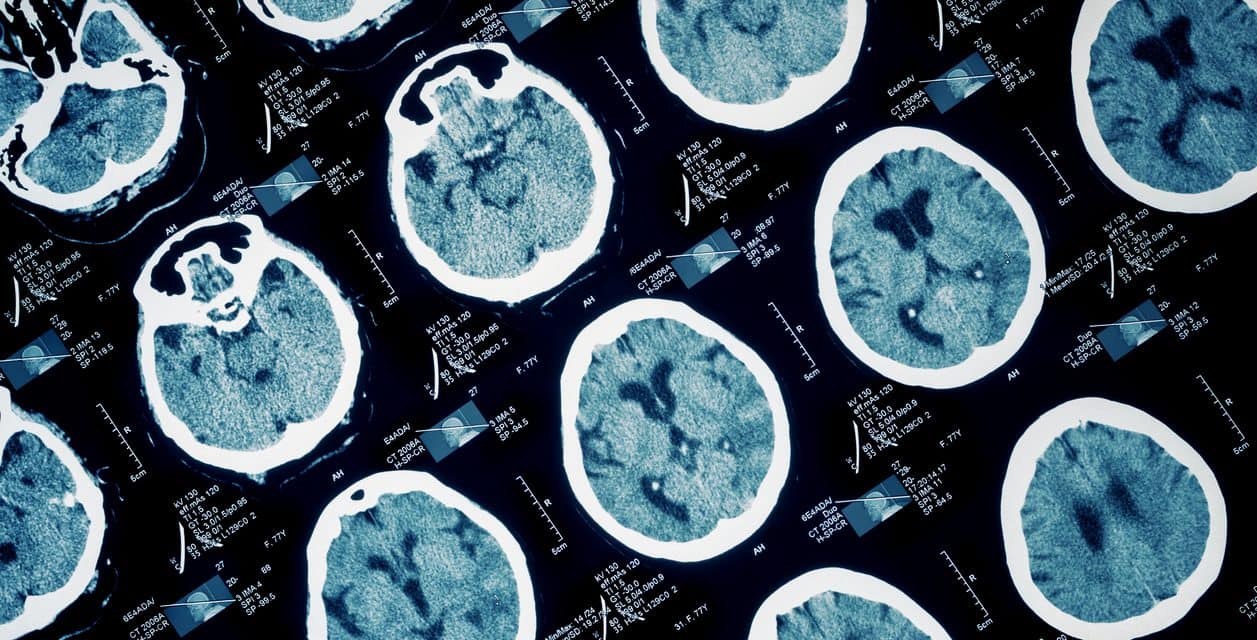Research on mental health in autism has quite rightly flourished over the past fifteen years, and there is now clear evidence that autistic people are at heightened risk of experiencing mental health concerns. Recent research has shown that common mental health conditions may be experienced differently by autistic people, meaning that assessment and intervention techniques that were developed with and for neurotypical individuals are potentially less sensitive and effective for those on the spectrum. The upshot of this work is that we need to get better at all of these aspects of identification, support and intervention and that will only be possible with a clear understanding of the mechanisms of mental distress for autistic people. The work described in Ozsivadjian et al. (2020) makes a welcome addition to this literature. In this commentary, we explore the strengths and limitations of the work and consider its contribution to research and clinical practice in the field of autism and mental health.© 2020 The Authors. Journal of Child Psychology and Psychiatry published by John Wiley & Sons Ltd on behalf of Association for Child and Adolescent Mental Health.
Commentary: Thinking flexibly about mental health and autism – a commentary on Ozsivadjian et al. (2020).


